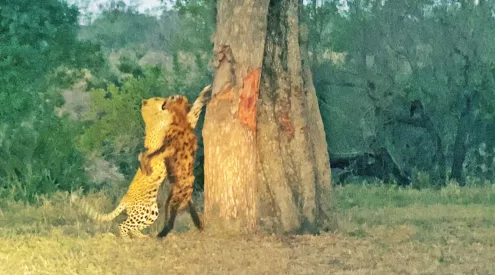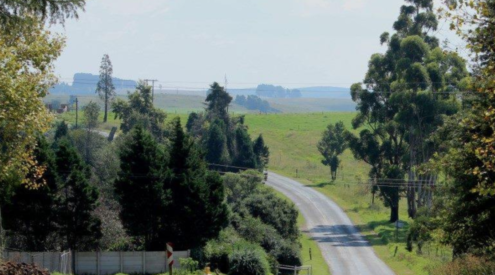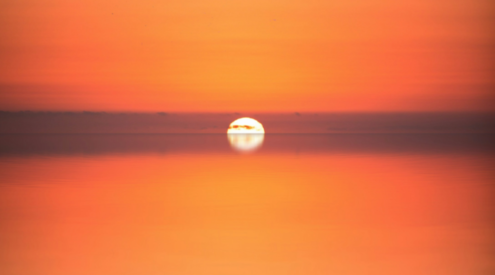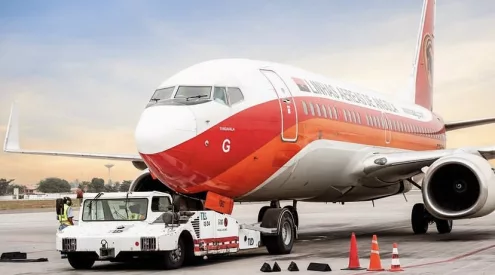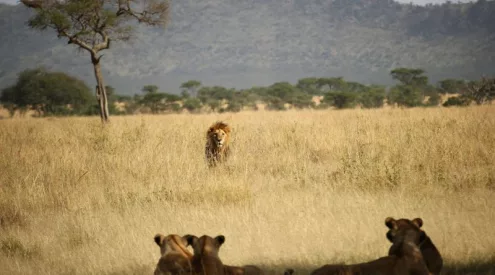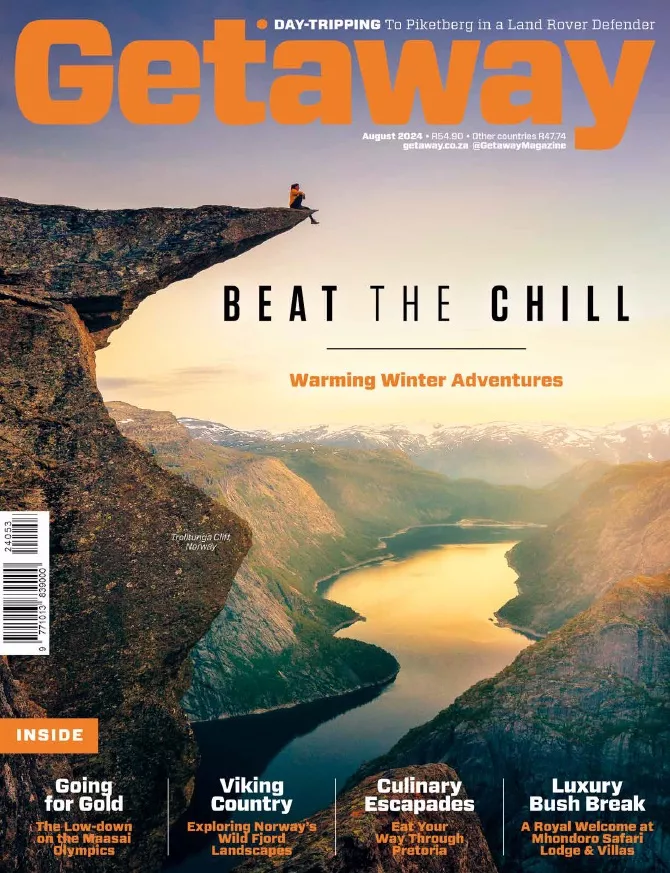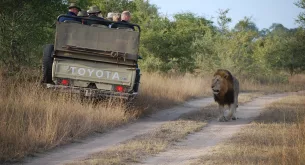On Monday 27 January, Chinese authorities announced that China’s lunar new year holiday is being postponed until at least 2 February, according to The Guardian. This comes in the wake of the outbreak of the deadly coronavirus. Over 2,000 people have contracted the virus worldwide and there have been at least 80 deaths.
According to the BBC, a woman who returned from Beijing to the Ivory Coast on Saturday is undergoing tests ‘after showing flu-like symptoms’ in what is a suspected case of the disease.
‘If confirmed, it will be the first case of the deadly virus in Africa,’ says the British publication.
Travelling to and from Hubei province, where the disease originally broke out, has been suspended by most public transport companies as well as e-hailing services.
All trade of wild animals is also banned according to The Washington Post, with local authorities saying they will ‘strengthen inspections and severely investigate and punish those who are found in violation of the provisions of this announcement.’
No wildlife can be transported or sold in any markets or online. Suspected violators will be sent to security services, and their properties will be closed and sealed. Legal breeding centres have also been quarantined.
Chinese doctor Wang Guangfa said he may have contracted the infection because he wasn’t wearing protective glasses, according to a report in The Daily Mail. Experts confirmed that this is ‘absolutely possible’, saying the virus can enter the eyes by touching them if you were in contact with an infected person.
Now, authorities are implementing a number of measures to try to prevent any further spreading of the virus.
According to the Japan Times, China’s National Health Commission recommends that ‘patients be given two lopinavir and ritonavir tablets twice a day and a dose of alpha-interpheron through nebulization twice daily.’ These HIV drugs are being used in the interim, as China’s Center for Disease Control and Prevention begins working on a vaccine, reports the Global Times.
How to protect yourself while travelling
If you are already travelling in or around China, Thailand, Taiwan, Japan, Singapore, South Korea, Vietnam, the United States, France, Australia, Malaysia, Nepal or Canada (the countries that have confirmed cases of the virus), here’s how to minimise your risk of exposure:
Avoid high-risk areas such as farms, live animal markets, and areas where animals are slaughtered, including fish and seafood as well as any contact with live animals.
If you come into contact with any animals or animal products, avoid touching your eyes, nose and mouth until you have thoroughly disinfected and sanitised your body.
Wash your hands often with soap and clean water, carry hand sanitiser with you and use it often.
Keep a distance from sick people, especially if they have a fever, cough, or difficulty breathing.
Monitor your own health closely, and see a health care professional immediately if you start feeling unwell.
Adhere to the advice of local authorities.
Contact your airline or travel company for information about changes to flight services.
It is not known whether wearing a face mask will reduce your risk of exposure to the novel coronavirus. However, if you are travelling in an affected country, you must follow the advice of local authorities about whether wearing a mask in public is mandatory.
Safety tips before you go
If you are planning to travel to any of the above-mentioned countries, here are a few things you should know to ensure your safety:
Talk to your doctor before travelling with children, if you are pregnant or have a weak immune system. If you feel unsure, it might be safest to cancel your trip entirely.
Familiarise yourself with your medical aid’s policy for overseas treatment before you go, and make sure your travel insurance covers hospitalisation in case of an emergency.
Take a good multivitamin and immune-booster.
Subscribe to social media news pages in your destination on Facebook and Twitter to receive the latest updates and news about the virus.
Also read: Coronavirus may originate form trafficked wildlife
Image: Twitter


